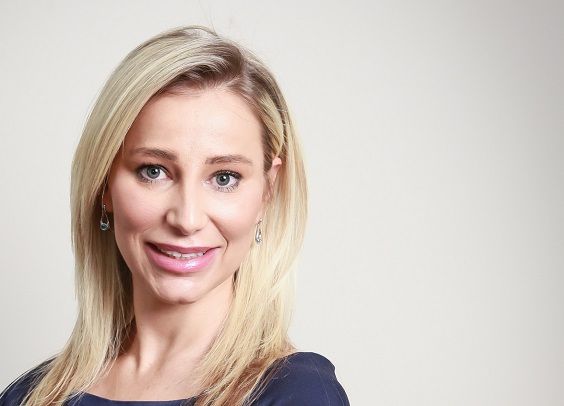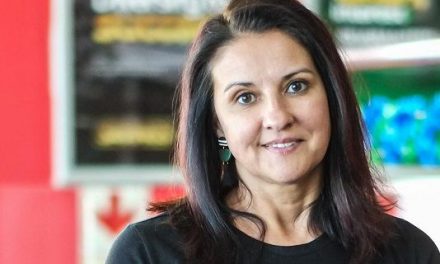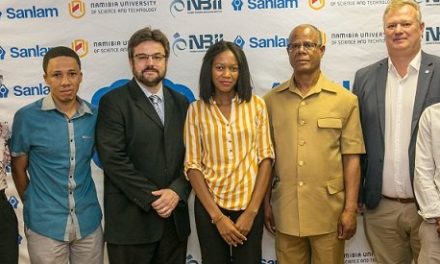
Live with confidence even in the face of breast cancer

By Denille Roostee, Sanlam Group Marketing & Communications Manager.
There were an estimated 19.3 million new cases of cancer in 2020 globally. That amounts to 2200 per hour, 37 per min and about 1 every 2 seconds. Depending on how fast you read, by the time you read this article, another 74 new cancer cases would have been diagnosed.
Despite rising cancer incidence and mortality rates in Africa, cancer has been given low priority in research and healthcare services. 57% of all new cancer cases worldwide occur in low-income countries exacerbated by a lack of awareness, preventive strategies, and increased life expectancies.
During the last decades, breast cancer has become the most common type of cancer among women worldwide. It is a multifaceted disease involving environmental, genetic, and lifestyle risk factors.
The good news is that mortality is now decreasing in many high-risk countries due to a combination of intensified early detection efforts and the introduction of mammographic Screening, resulting in the diagnosis of more minor, early-stage tumours and advances in treatment.
Cancer has received low priority for health care services in Sub Saharan Africa. There are pending concerns regarding cancer care in the continent. Therefore, Africans, Namibians, communities, corporates and communities have to stand together to fight and prevent this disease.
Early detection
Cancer mortality can be reduced if cases are detected and treated early. An early diagnosis of breast cancer increases the chance of recovery. There are two components of early detection: Early diagnosis & Screening.
Early Diagnosis
Early diagnosis consists of three components:
• being aware of the symptoms of different forms of cancer and of the importance of seeking medical advice if you are concerned;
• access to clinical evaluation and diagnostic services; and
• Timely referral to treatment services.
Screening
Examples of screening methods are:
• Self-screening (visit the Cancer Association of Namibia’s website for guidance on how to do Self-examination)
• mammography screening for breast cancer
Cancer concerns all of us in one way or another. It does not distinguish between religions or race, sex or age, and that is why we all need to join forces, to make a difference, especially if one looks at the stark numbers looming in the future, which suggest cancer cases will double by 2035.
A cancer diagnosis does not only affect the patient. It also affects families, friends, everyone near the patient. This diagnosis is the source of many feelings and emotions. Of sadness, anxiety, anger, denial, even helplessness.
Beyond the emotional toll cancer takes, it also has a tremendous financial impact. It places a massive burden on the cancer patient and his or her family. Therefore it is important to make sure you go for regular screening and to make provision financially.
Since January 2020, Sanlam Namibia has paid out total claims of N$600 million of which cancer-related claims made up N$30 million. Sanlam’s Dread Disease solution provides a simple, effective solution for this risk, with enough options to suit your needs. It provides excellent cover against the more severe and prevalent diseases that can significantly impact your quality of life.
Let us not be bystanders with no control over our lives or our health. Make the wise decision to take responsibility for our health and the financial impact this disease can have on our lives.
Sanlam is committed to walking your journey with you so that you can live with confidence.
Now is the time to speak to your financial adviser or broker for more information.











































